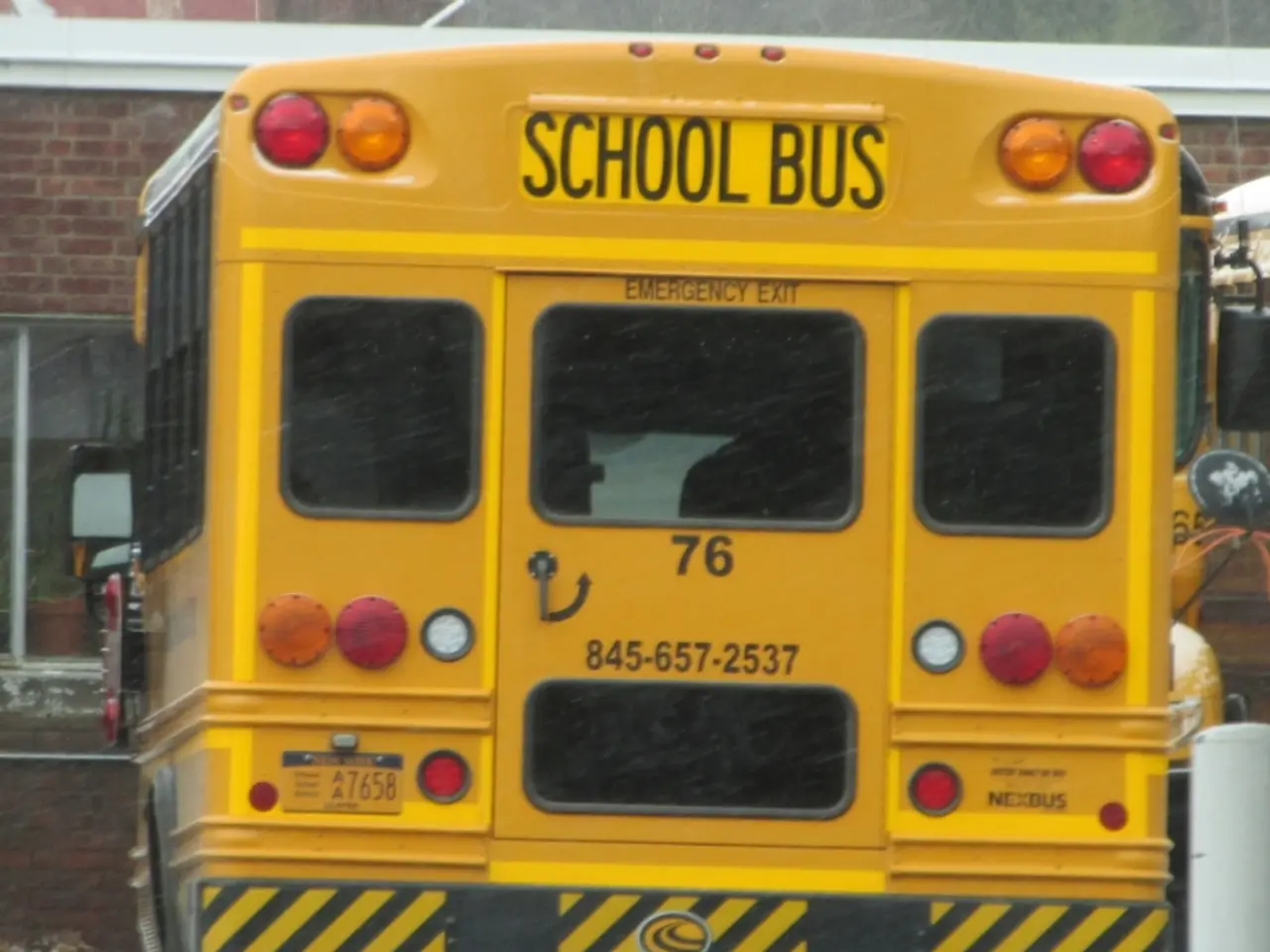Enhancing Education Equality: Empowering All Students with Premium Learning Opportunities
In the pursuit of a prosperous and sustainable future, access to quality education stands as a fundamental right and a strategic necessity. This essential component of individual and societal development empowers individuals with knowledge, skills, and critical thinking abilities.
The United Nations (UN) recognises the importance of quality education, aiming to ensure and improve global education for all by 2030 through its Sustainable Development Goal 4 (SDG 4). Part of the 2030 Agenda for Sustainable Development, SDG 4 focuses on inclusive and equitable quality education, with the initiative titled "Ensure inclusive and equitable quality education for all".
Empowered communities can create sustainable change in educational access by collaborating among students, parents, educators, and community leaders. State-level policies, a key player in this endeavour, allocate funds and oversee local school systems. These policies determine teacher qualifications, class sizes, and school resource distribution, allowing for adaptations that fit regional demographics and cultural contexts.
Local education systems, in turn, can tailor strategies to meet specific needs, fostering an inclusive environment. Quality education promotes informed citizenship and community engagement, driving social mobility and reducing economic disparities. Scholarship programs and income-based assistance help alleviate financial barriers for underprivileged students.
Digital technology has eliminated geographical constraints in accessing quality education. Online learning platforms, personalized learning applications, and mobile learning units provide additional resources for underserved communities. Landmark legislation, such as the Elementary and Secondary Education Act of 1965 in the United States, aimed to address inequalities by ensuring federal funds were allocated to schools serving underprivileged communities.
Federal initiatives, like the Every Student Succeeds Act, provide funding and resources to improve educational opportunities for all students. Countries like Kenya and India have implemented successful strategies, such as free primary education and the Right to Education Act, to improve access to quality education.
Rwanda has made substantial strides in expanding access to education post-genocide, focusing on increasing enrollment rates and educational quality. Finland's educational reforms, emphasizing equality, personalized learning, and highly qualified teachers, have resulted in consistently high student outcomes.
Economic disparities, geographic location, cultural and linguistic barriers, systemic issues, and insufficient funding continue to hinder access to quality education. However, the journey toward access to quality education has evolved significantly over the centuries, with public education systems marking a pivotal shift in the 19th century.
The United Nations Sustainable Development Goal 4 (SDG 4) emphasizes lifelong learning opportunities, recognizing that education is not a one-time event but a continuous process essential for individual and societal growth. Ensuring access to quality education is integral to innovation and economic growth, building resilient and prosperous societies.
Read also:
- Understanding Hemorrhagic Gastroenteritis: Key Facts
- Stopping Osteoporosis Treatment: Timeline Considerations
- Tobacco industry's suggested changes on a legislative modification are disregarded by health journalists
- Expanded Community Health Involvement by CK Birla Hospitals, Jaipur, Maintained Through Consistent Outreach Programs Across Rajasthan







